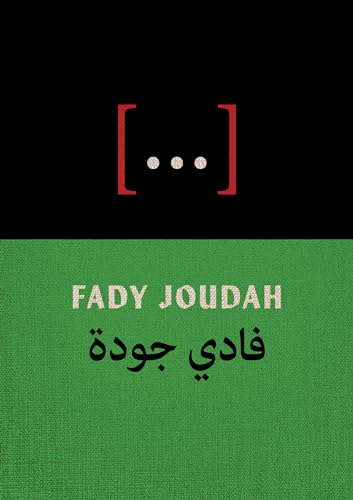What do you think?
Rate this book


82 pages, Kindle Edition
First published March 5, 2024
‚Ä�I needed to survive the hours of experiencing my annihilation livestreamed‚Ķin this book, I reclaim my death from the powers and politics that see me only through the death they deliver to my Palestinian body.‚Ä�
‚Ä�The masters of information have forgotten about poetry, where words may have a meaning quite different from what the lexicon says, where the metaphoric spark is always one jump ahead of the decoding function, where another, unforeseen reading is always possible.‚Ä�
‚Ä�In these poems of longing, I reclaim my body from the culture that wants to hear and read me only as a voice in the aftermath of disaster and as a wound at that, not much more.‚Ä�
‚Ä�Sometimes what we call poetry of witness, which is different from the witness of poetry, binds the poet to stereotype. And the market nurtures a stereotype, nurtures pity more than active empathy, until, of course, active empathy proves profitable, and the right thing to do.‚Ä�
‚Ä� I often think that the responsibility of the poet is to strive to become the memory that people may possess in the future about what it means to be human: an ever-changing constant.‚Ä�
‚Ä�To the martyrs who witness from above, and the living who witness on the ground. To those who will be killed on the last day of the war. To those who will be killed on the first day after the war ends. To those who succumb in the humanitarian window of horror. An hour before the pause, a minute after. To those who die of a broken heart during and after the war. To those who gather their families to die together so that no survivor suffers survival alone. To those who scatter their families so that they‚Äôre not all wiped out from the civil record‚ĶTo those who insist on homing their pigeons during the war. Have your pigeons come home? To those, to those, to those. We are not afraid of love from the river to the sea.‚Ä�
They love you more when you're dead.
You're more alive to them dead.
They did not mean to kill the children.
They meant to.
Too many kids got in the way
of precisely imprecise
one-ton bombs
dropped a thousand and one times
over the children's nights.
What is joy? I was told it can be a family
that held on to their father's corpse against the flood
so it wouldn't wash away.